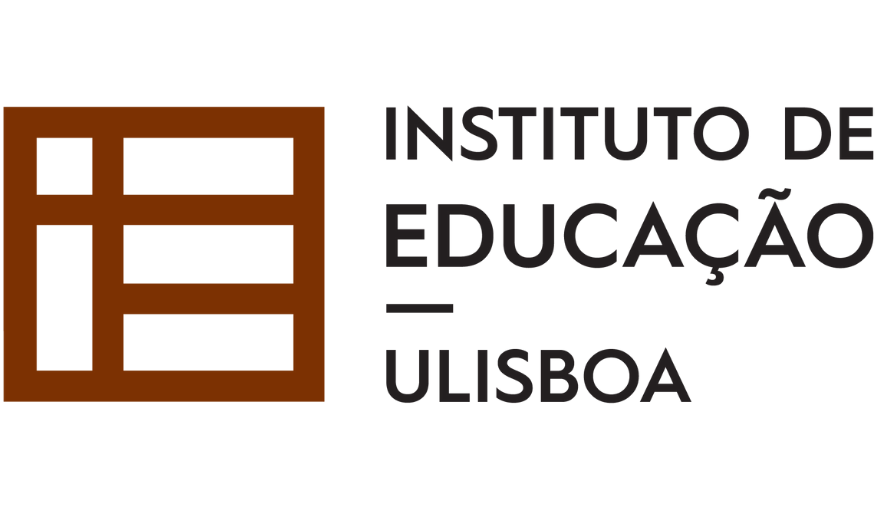Doctoral Programme in Artistic Education
Coordination
José Carlos de Paiva • FBAUP
Jorge Ramos do Ó • IE-ULisboa
Scientific Committee
Jorge Ramos do Ó • IE-ULisboa
José Carlos de Paiva • FBAUP
Cristina Azevedo Tavares • FBA-ULisboa
Paulo Nogueira • FPCEUP
Introduction and course goals
The Doctoral Programme in Artistic Education (pdEA) is a joint doctorate between the Universidade do Porto and the Universidade de Lisboa, through the Faculties of Belas Artes (Universidade do Porto), Psicologia e de Ciências da Educação (Universidade do Porto), Belas Artes (Universidade de Lisboa) and Instituto de Educação (Universidade de Lisboa). This course falls within the epistemological and ontological field of artistic education, opening spaces to question the naturalized narratives surrounding the arts and their relations with education. Thus a space of plurality and difference is open for students to practice unique actions, simultaneously informed by their inclusion in terms of an international state-of-the art, where they discuss the dialogical relations between artistic practices and educational practices. The pdEA enables advanced research work in the field of visual arts, performative arts, educational work in artistic and cultural institutions and artistic education.
As it is a joint Doctorate, dialogues and transits are established between the different institutions at the level of the organization of school hours, workshops, conferences and publications.
The course aims to develop in-depth knowledge in the field of Artistic Education (AE) and systematic research skills, both from a theoretical and epistemological point of view and from a methodological point of view. This will allow critical problem-solving in the field of research and/or innovation or the expansion and redefinition of existing knowledge or professional practices in an autonomous territory involving the areas of Art and Educational Sciences.
By carrying out the course students are expected to acquire the following knowledge and skills:
- Get to know the AE field of research, at the national and international levels;
- Develop a critical understanding of AE;
- Develop action/research practices within AE, with implications in community, cultural, educational and social contexts;
- Implement and deepen a culture of integrative research, typical of the Arts, Educational Sciences and knowledge subjects associated with these;
- Contribute to a definition of the advanced-level investigation research profiles, in the fields of AE and Artistic Investigation;
- Define research criteria and criteria for the formulation of theses in AE and disseminate their products;
- Act as excellent researchers and professionals, contributing to the epistemological and scientific progress of AE and towards improving the quality of the educational system in this area;
- Enter research groups and/or (inter)national networks that work on similar research lines and projects.
Organization
The course is organized in two main areas of activity, one at the Universidade do Porto (U. Porto) and another at the Universidade de Lisboa (U. Lisboa), corresponding to two groups of students, with an approach that enhances student mobility and sharing teachers.
The Faculdade de Belas Artes da Universidade do Porto and the Instituto da Educação da Universidade de Lisboa are, respectively, the administrative headquarters of each area (U. Porto and U. Lisboa).
The course consists of 180 ECTS credits.
Completion of the course implies registration and payment of tuition fees for a minimum of three years (six semesters), in a full-time regime or for the period used in a part-time regime.
The first curricular year, consisting of 60 ECTS credits, corresponds to a course which does not confer a degree called “doctoral course” according to article 31, no. 3 of Decree-Law no. 74/2006, of 24th March, as amended by Decree-Law no. 115/2013 of 7th August.
The course also consists of 25 ECTS credits corresponding to the course units to support the writing of the Thesis, organized in the 2nd and 3rd years (Scientific Writing Seminar, Research Practices I and Research Practices II),and of the Thesis (95 ECTS credits).
| Useful Information | Course Timetables |
| Study Plan | 1.º Ano – 1.º Semestre Download 17.92 KB |
1.º Ano – 2.º Semestre Download 18.10 KB | |
| Frequently Asked Questions | |
| FAQ’S |
| Useful Information | Course Timetables |
| Study Plan | 1.º Ano – 1.º Semestre Download 17.92 KB |
| International Student | 1.º Ano – 2.º Semestre Download 18.10 KB |
| Frequently Asked Questions | |
| FAQ’S |
Applications
Dates and entry requirements
